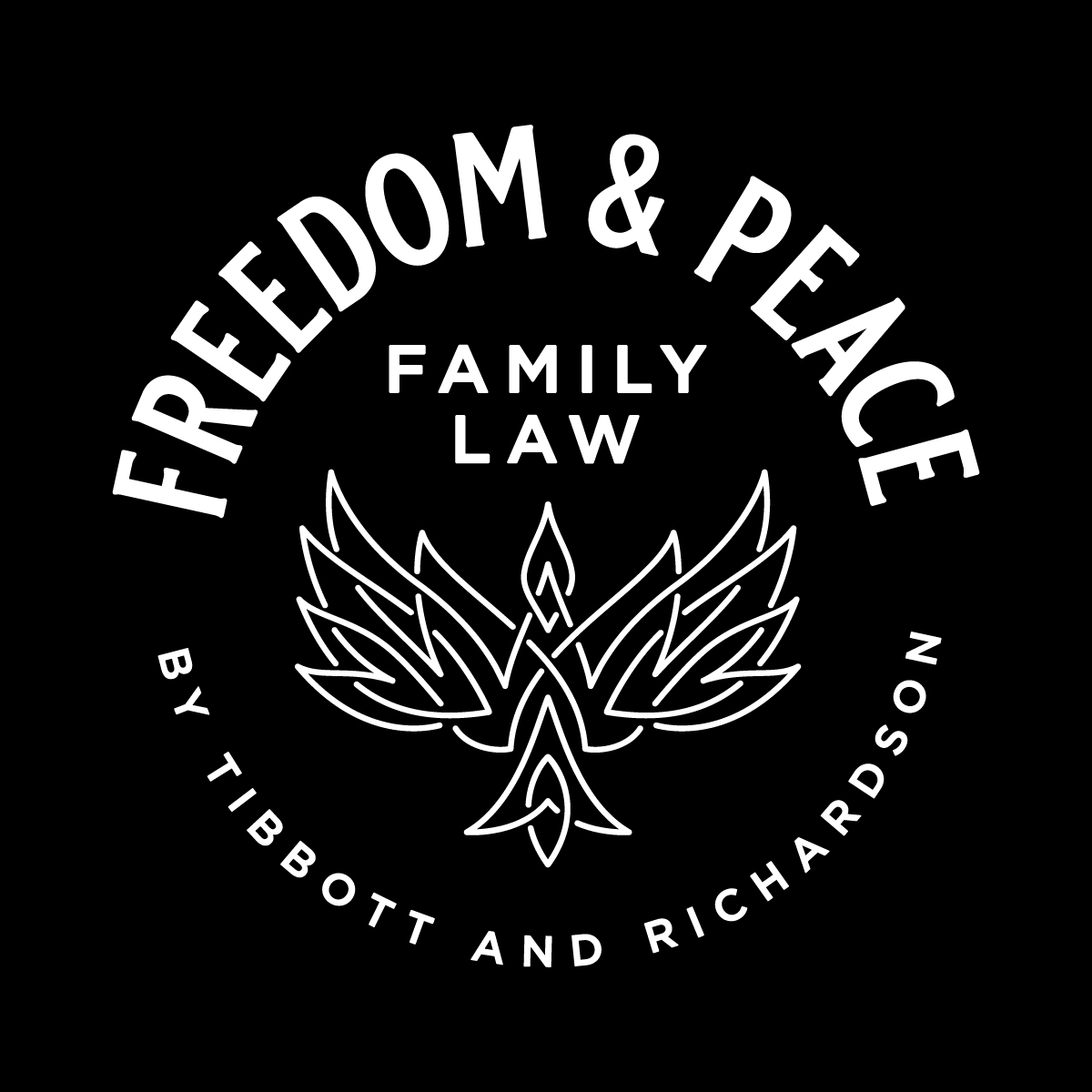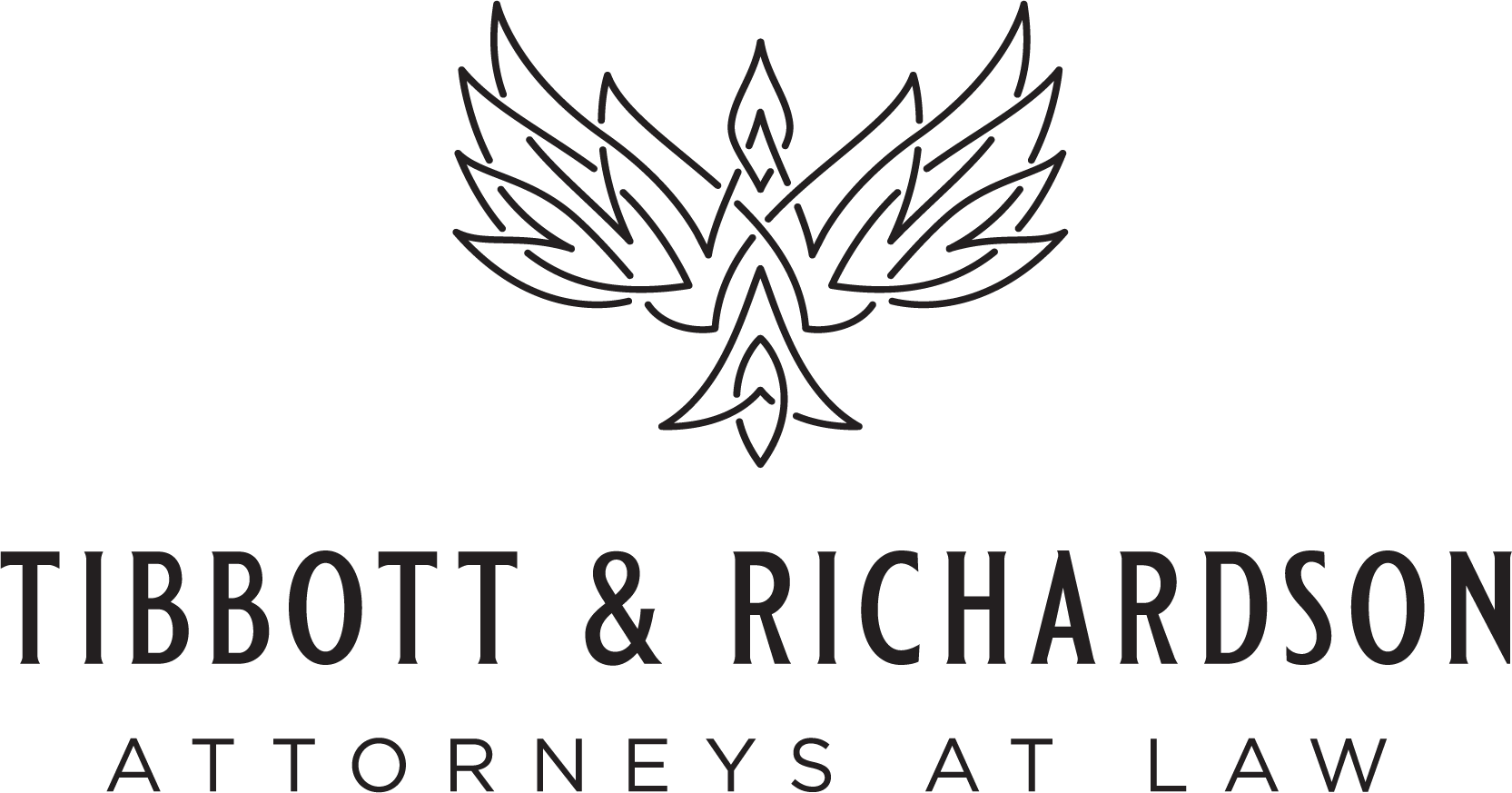Fathers’ Individual Rights In PA
Fathers’ Individual Rights In PA
Pennsylvania is a marriage presumption state with regard to issues of paternity. Paternity is the establishment of a child’s legal father in the eyes of the courts. When the birth mother is married at the time of conception and birth, her husband is presumed to be the child’s legal father. Few challenges to this presumption of fatherhood will be allowed by the courts, except in cases where it is shown that the husband: a) could not medically be deemed the child’s father; or b) was incapable of fathering the child (ex: Was out of the country during month of conception.)
Unmarried Fathers’ Rights
In Pennsylvania, paternity can be established by unwed parents who both agree as to who the father is by signing a Voluntary Acknowledgement of Paternity. This gives both father and child the same rights and responsibilities as a married father would have with the child.
A claim of paternity can be made by an unmarried father who wishes to establish his paternity, but who is perhaps estranged from the birth mother, at any time until the child turns 18. This can be done through a complaint for custody, or by filing the Voluntary Acknowledgement of Paternity. If the mother agrees to the paternity, an order of paternity and an order of support will be entered.
**Don’t wait too long to establish your paternal rights. If the birth mother and child live in a positive home with a third party, and/or the birth mother marries, you will need a fathers rights attorney, as it will become harder to gain legal and physical custody rights to your child.**
In cases where the mother disputes the paternity, you will need to file a Complaint to Establish Paternity and For Genetic Testing. A certified lab will conduct the tests which normally result in 99% accuracy when positive, and you will then be considered to be the biological father by the Court.
If the test indicates exclusion, then the case will be dismissed. When paternity is positive, the case will next be referred for a child support hearing.
Divorced Fathers Rights
If you have been granted partial physical custody of your children after divorce, you may also have been awarded shared legal custody. Legal custody rights entitle a parent to make major decisions for a minor child, such as those involving education, religious pursuits, and medical care. You and the other parent should be able to discuss and agree upon these types of decisions.
If you are the partial custodian, or non-custodial parent, you may be experiencing problems with your custody rights that have become more frequent or habitual. It may be necessary for you to take your ex-wife to court if:
- You are frequently asked to change your days spent with your children.
- You are frequently asked to forgo your time with your child, or your time spent is frequently cut short.
- Your child is not available at the scheduled time for your custody to begin.
- Major decisions about your children are being made without your input and knowledge.
Or, it may be time to consider obtaining a custody modification. Your ex-wife may agree that the current order is no longer optimal.
Our family law practice is experienced in writing modifications to custody orders that will be seen in the best interest of the child. We give our clients excellent and effective representation at trial. Call us today for a free, no obligation consult to discuss in detail the custody issues you are facing.
(412) 444-7171
Our Lawyers
“Tibbott and Richardson attorneys did an excellent job helping me with my custody case. They are very kind and respectable. They answered all my questions and concerns in a quick manner. They were truly with me through my whole case. I am truly thankful for them.”
Billie Rummel
Google – Client Reviewed












